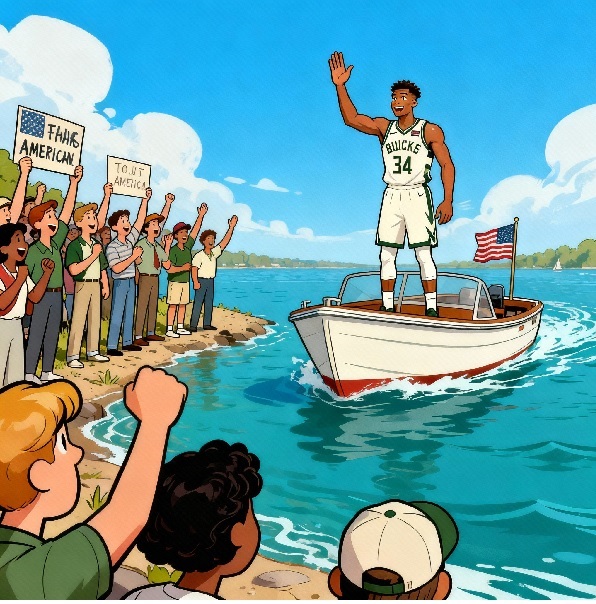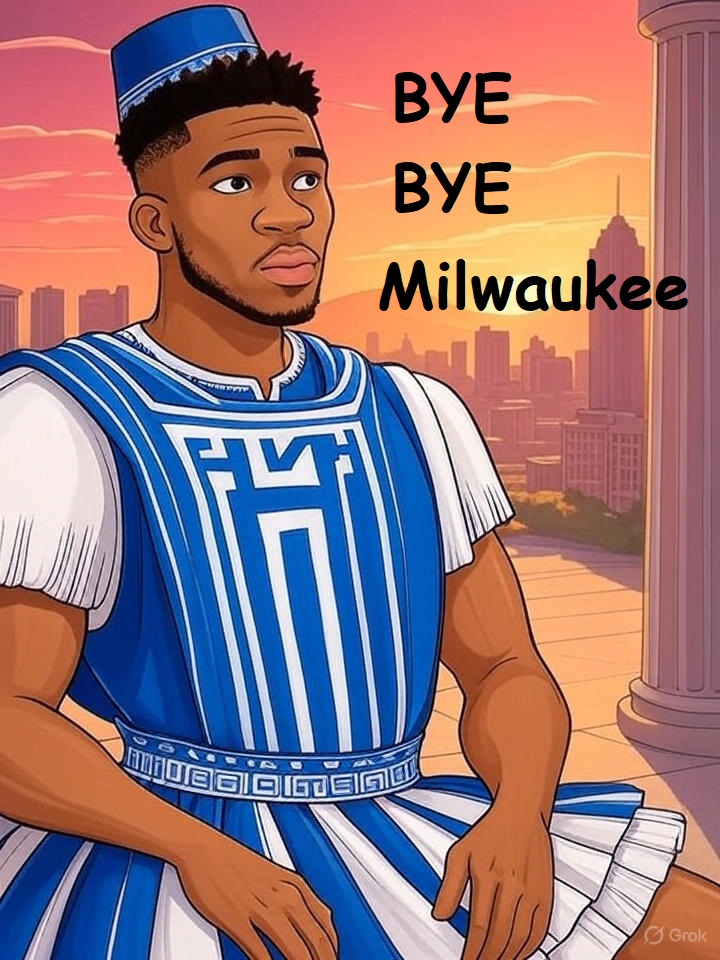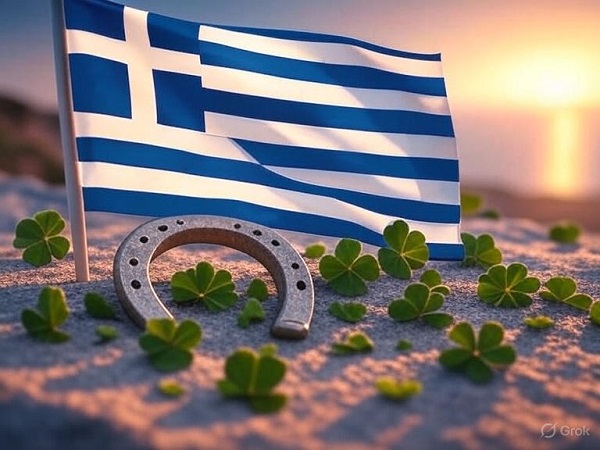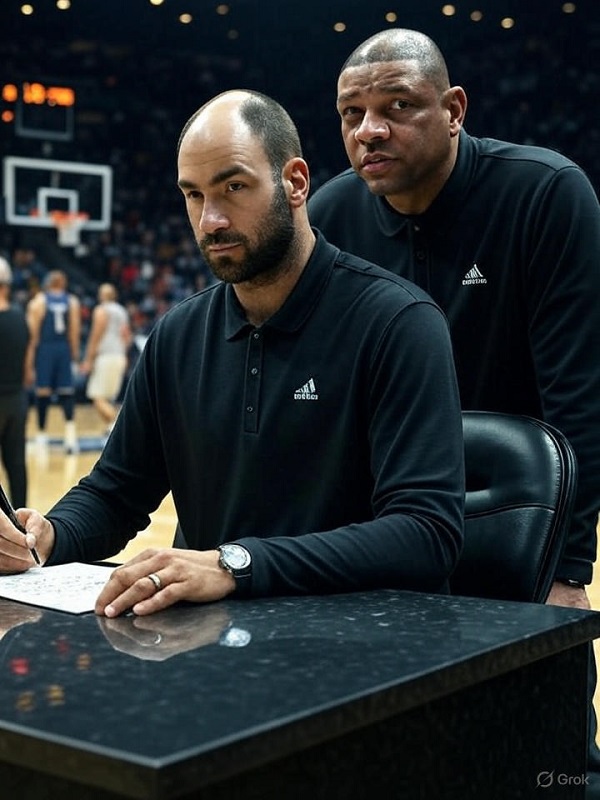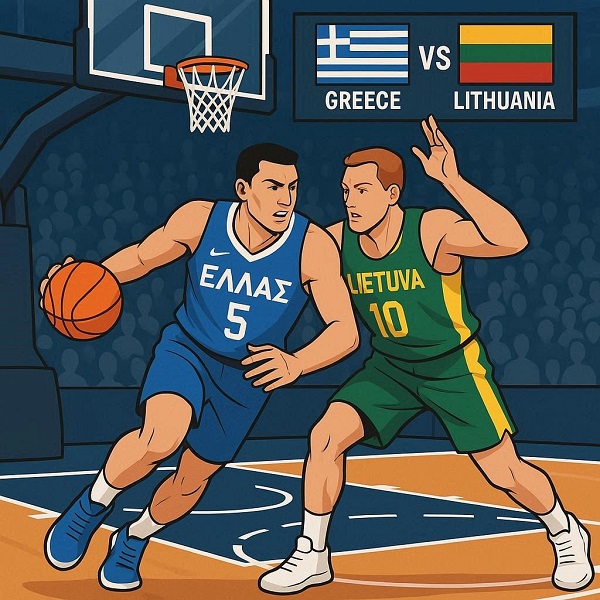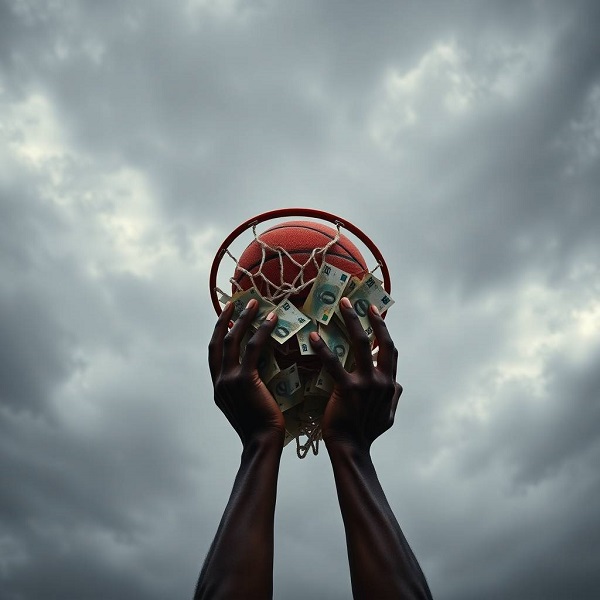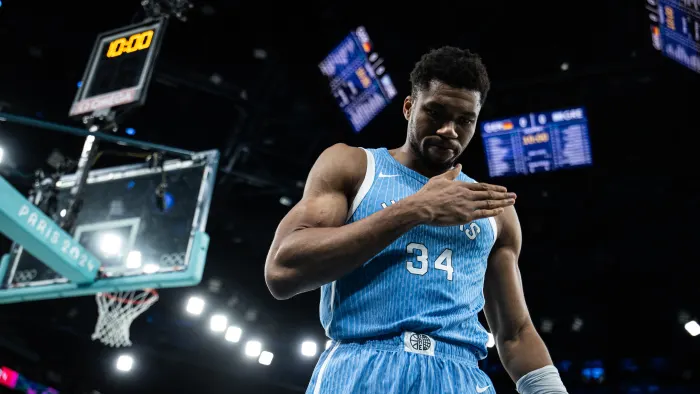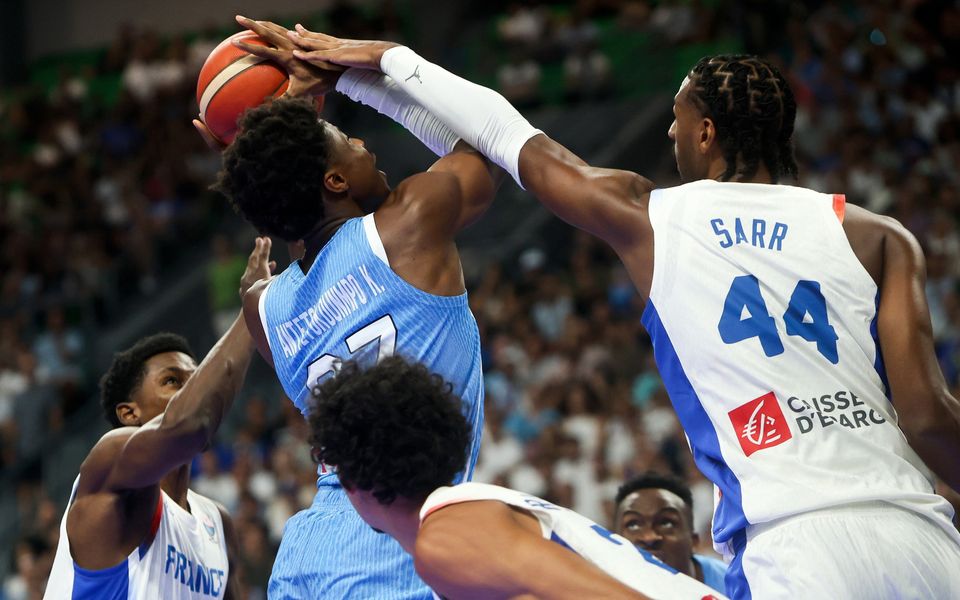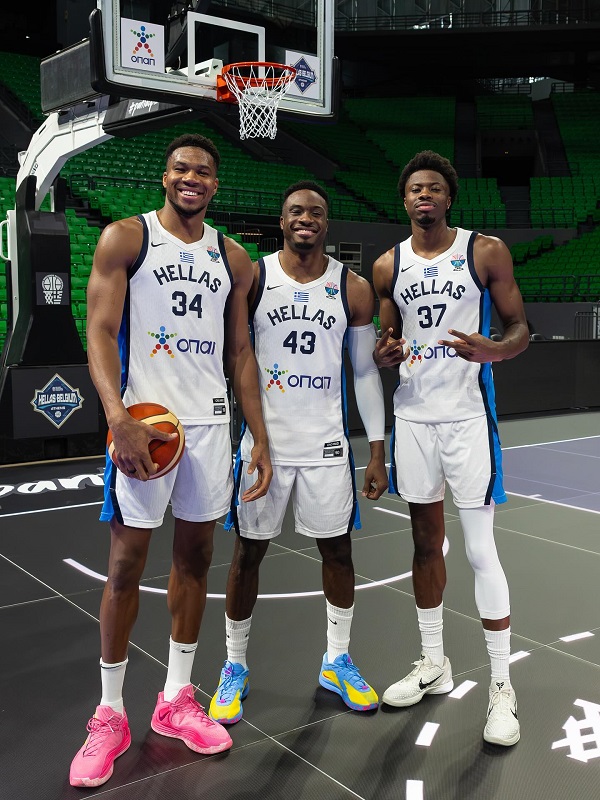In the high-stakes world of the NBA, superstar players like Giannis Antetokounmpo hold immense leverage, especially when their contracts include player options. As the 2025-26 season tips off, whispers about the Greek Freak’s future with the Milwaukee Bucks are growing louder amid trade rumors and questions about the team’s championship viability. While Giannis can’t walk away immediately after this season, his contract structure sets him up for unrestricted free agency as early as the summer of 2027 – at the end of the 2026-27 season. Once he declines his player option, the Bucks will have zero recourse to keep him. Let’s break down the rules, his contract details, and why Milwaukee is essentially at his mercy.
Giannis’s Contract: A Timeline of Security and Flexibility
Giannis has been a Buck since 2013, rising from a raw rookie to a two-time MVP and 2021 NBA champion. His loyalty has been rewarded with massive extensions, but the latest one – signed in October 2023 – gives him an exit ramp that’s hard for the front office to block.
The current deal is a three-year, $175 million maximum veteran extension that kicked in for the 2025-26 season. Here’s the breakdown:
- 2025-26: $54.1 million (guaranteed).
- 2026-27: $58.5 million (guaranteed).
- 2027-28: $62.8 million (player option).
The first two years are fully guaranteed, meaning Giannis is locked in through the end of the 2026-27 season. But the third year? That’s where his power shines. The player option for 2027-28 allows Giannis (or his representatives) to decide by June 29, 2027, whether to exercise it and stay with Milwaukee for one more year at that salary. If he declines – opting out – he hits unrestricted free agency (UFA) in the summer of 2027, free to sign with any team of his choosing.
This isn’t some obscure loophole; it’s a standard feature in NBA supermax contracts for stars like Giannis, who qualify under the Designated Veteran Player rules. These extensions allow teams to pay above the salary cap but often include player-friendly terms like options to maintain flexibility in a league where careers are short and contention windows narrow.
Prior to this extension, Giannis was already under a five-year, $228 million deal from 2020 that carried him through 2025-26, but the new extension superseded the final year for cap purposes. The Bucks front office, led by GM Jon Horst, structured it this way to keep their star happy while navigating the collective bargaining agreement (CBA) restrictions, including the over-36 rule (Giannis turns 33 in 2027, so no over-38 issues yet). But by building in the player option, they’ve handed Giannis the keys to his own destiny.
NBA Rules on Player Options and Free Agency: The Bucks’ Hands Are Tied
To understand why the Bucks can’t stop Giannis from leaving, we need to dive into the NBA’s free agency rules under the current CBA.
A player option is a contractual clause that gives the player – not the team – the unilateral right to decide whether to fulfill the final year(s) of the deal. If exercised, Giannis would play out 2027-28 in Milwaukee. But if he opts out, that year vanishes, and he becomes an unrestricted free agent. As a UFA, any NBA team can negotiate and sign him without restrictions – no qualifying offers, no right of first refusal, nothing. The Bucks’ Bird Rights (which allow over-the-cap re-signings) wouldn’t apply if he opts out and signs elsewhere; they’d only help if he stays or returns later.
Contrast this with restricted free agency, where teams can match offers. Player options like Giannis’s bypass that entirely. The CBA explicitly prohibits contracts from including clauses that limit a player’s free agency after the option period, ensuring stars can chase rings or bigger paydays elsewhere.
Moreover, Giannis doesn’t have a no-trade clause in this extension, meaning the Bucks could theoretically trade him before the opt-out deadline without his consent. But if Giannis wants to play out his guaranteed years and then bolt via free agency, Milwaukee has no leverage. They can’t force him to exercise the option, extend early (he’s eligible for a four-year, $275 million extension starting October 2026, but only if he stays), or block his departure.
In practice, this creates massive trade leverage for Giannis even before 2027. After the 2025-26 season, with just one guaranteed year left, his value skyrockets for contending teams. The Bucks would face a “trade now or lose for nothing” dilemma – a scenario that’s played out with stars like Kevin Durant and James Harden. Recent reports indicate Giannis is already exploring options, with interest from teams like the Knicks, and the Bucks are bracing for potential mid-season drama if results falter.
Why Now? The Bucks’ Window Closing and Giannis’s Leverage
Giannis has repeatedly affirmed his commitment to Milwaukee, saying he’s “locked in” but leaving the door open for change if the team doesn’t contend. The Bucks have surrounded him with talent like Damian Lillard and recent additions, but back-to-back early playoff exits have fueled doubts. At 30 years old (turning 31 in December 2025), Giannis knows his prime won’t last forever. Opting out in 2027 could net him a new supermax elsewhere – potentially over $300 million – with a contender.
For the Bucks, the nightmare is losing their franchise cornerstone for nothing. They can’t poison-pill his contract or use opt-out protections because the CBA doesn’t allow it. Their only plays are winning big this and next season to convince him to extend early or trading him on his terms to recoup assets.
The Bottom Line: Player Power in the Modern NBA
Giannis Antetokounmpo’s player option embodies the shift toward player empowerment in the NBA. By the end of the 2026-27 season, if he chooses to walk, the Bucks are spectators – unable to match offers, extend forcibly, or retain rights. It’s a stark reminder that even loyal stars like the Greek Freak prioritize championships over sentiment. As trade rumors swirl into the 2025-26 season, Milwaukee must deliver, or risk watching their MVP depart on his own terms.
If Giannis Antetokounmpo declines his player option, he would be able to leave the Milwaukee Bucks and become an unrestricted free agent in the summer of 2027, immediately after the conclusion of the 2026-27 NBA season. His current contract guarantees him two more years, covering the 2025-26 and 2026-27 seasons, with a player option for the 2027-28 season—which he can choose whether or not to accept. If he opts out, the earliest possible departure is July 2027. What is most likely? At the end of this (failed again) Bucks’ season, they try to trade him for as much talent and draft capital they can. Giannis has no choice. But at the end of that second season he returns to Greece.
